Raila Odinga: The Statesman Who Redefined Kenya’s Democracy
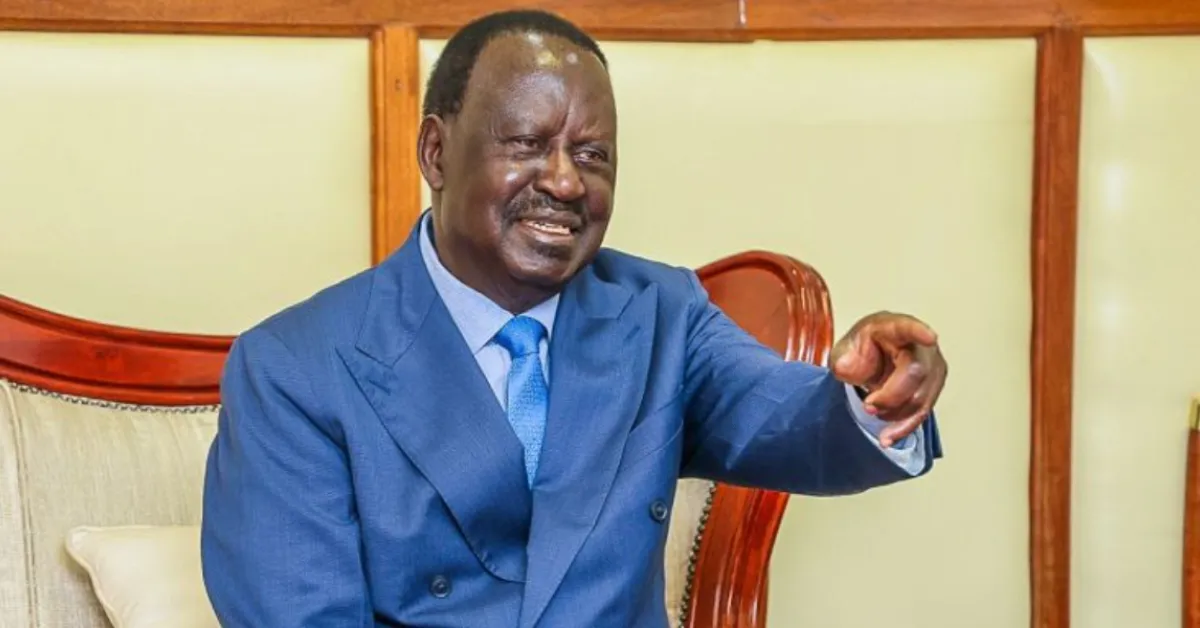
Raila Amolo Odinga passed away on 15 October 2025, leaving behind a political legacy that shaped Kenya’s modern democratic institutions.
Though he never became president despite five attempts, his influence was defined by his commitment to constitutional reform, electoral transparency, and national unity. Odinga’s political journey began in the 1980s under the authoritarian rule of President Daniel arap Moi.
In 1982, he was detained for his alleged role in a failed coup by air force officers, an episode that led to years of imprisonment and exile. This period cemented his resolve to fight for multiparty democracy and citizen participation in governance, principles that guided his career for decades.
His political philosophy was deeply influenced by his father, Jaramogi Oginga Odinga, Kenya’s first vice-president and a prominent independence leader. Jaramogi’s decision to reject a British-backed offer of leadership while Jomo Kenyatta remained imprisoned set a standard of political integrity that his son would later follow.
In the early 1990s, as pro-democracy movements gained momentum across Africa, Odinga became a key figure in Kenya’s transition from one-party rule to multiparty politics. His efforts contributed to the country’s first competitive elections in 1992, marking the start of a new democratic era.
Throughout his career, Odinga was both admired and criticised. Many viewed him as a challenger to entrenched political interests, but his persistence helped drive major reforms. His advocacy for accountability and fair elections played a crucial role in the adoption of the 2010 constitution, which established an independent judiciary and a new framework for governance.
Odinga’s legal challenges to disputed elections, though unsuccessful, strengthened the credibility of Kenya’s judicial system and reinforced public trust in democratic processes. His leadership during and after the 2007–08 post-election violence was instrumental in pushing for constitutional change that reduced the risk of future political crises.
By 2022, Kenya’s elections were widely regarded as peaceful and transparent, reflecting the reforms Odinga had long championed. He was also known for promoting dialogue among political rivals. His 2018 reconciliation with President Uhuru Kenyatta, and later outreach to President William Ruto, demonstrated his belief in compromise as a path to stability.
Beyond Kenya, Odinga was a strong advocate for African unity and economic independence. His pan-African vision aligned with broader efforts to strengthen regional cooperation and self-determination across the continent.
As Kenya reflects on his passing, Odinga is remembered not for the offices he sought, but for the institutions he helped build and the freedoms he defended. His life’s work remains a defining chapter in the nation’s democratic history.

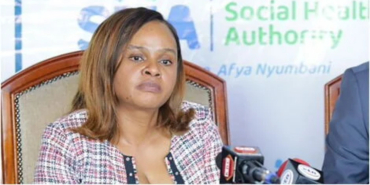
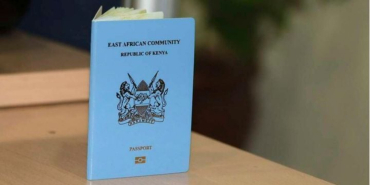
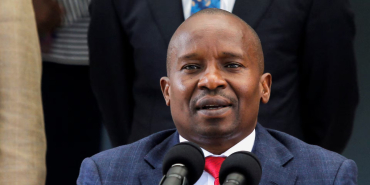
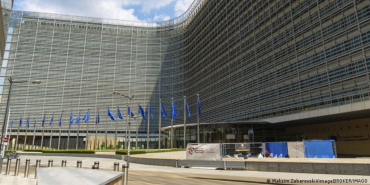
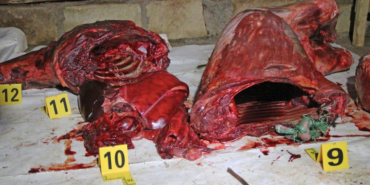
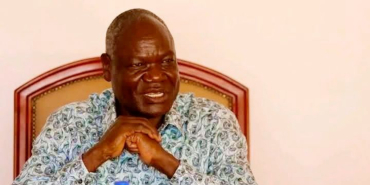
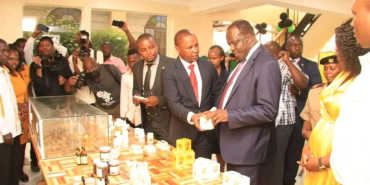
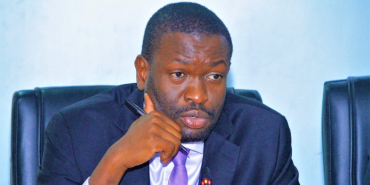



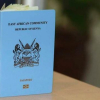
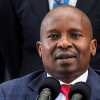
Add new comment